SERMONS
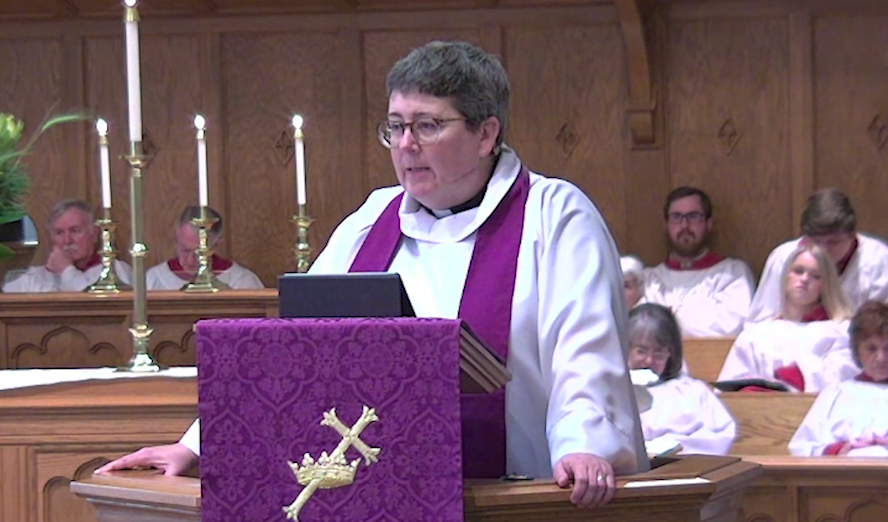
Choose a Hero That Lasts Sermon by The Rev. Kelley Hudlow February 22, 2026 On the first Sunday in Lent, we hear about the story of Jesus being tempted by Satan in the wilderness, tempted to misuse his power. Like Adam and Eve before him, he faces the choice of whether to trust God or reach for something more. Where others grasp for control, Jesus chose trust, showing us that real strength comes from putting God first. Lent invites us to look honestly at our own daily temptations and remember that, even when we fail, God remains faithful and ready to be chosen again.
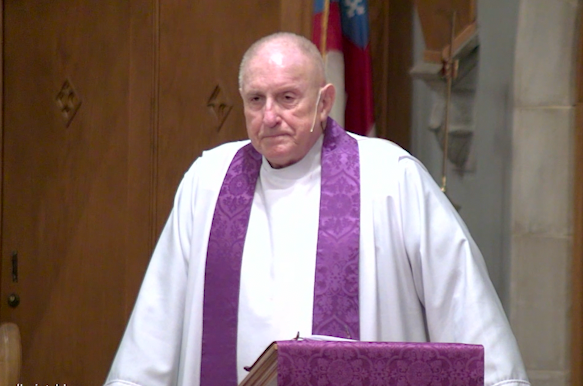
Giving Up and Taking On For a Healthy Lent Sermon by The Rev. Ed Bacon February 18, 2026 Lent is not just about giving something up. It is a 40-day journey that invites us to see our lives through a Jesus lens, remembering that just as he was tested after his baptism, we too will have our belovedness tested. The real discipline is not chocolate or wine, but letting go of anything that makes us doubt we are deeply loved by God.
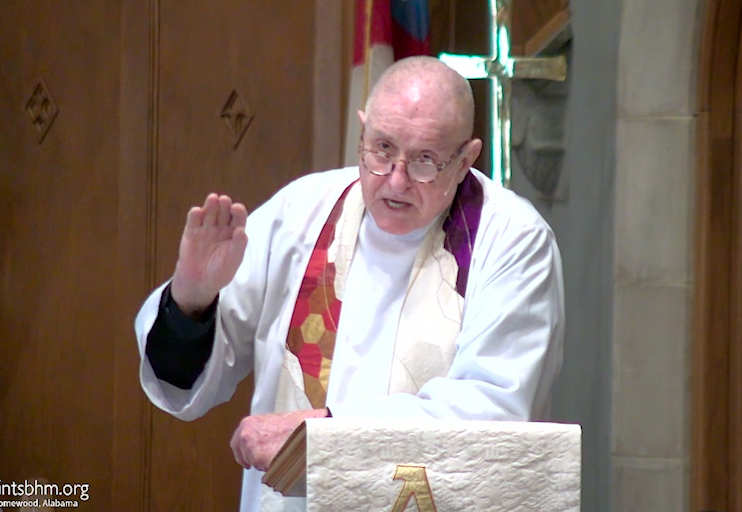
Your Light is What Makes You Come Alive Sermon by The Rev. Ed Bacon February 8, 2026 This sermon weaves together a simple but powerful truth: every person carries a golden thread of divine light within them. Through stories of a wise friend’s memoir, along with voices like Thomas Merton and Howard Thurman, we are reminded that this light is our true self, the sound of the genuine, the mind of Christ alive in us. Instead of defining ourselves by sin or fear, we are invited to see creativity, wisdom, and sacred worth in ourselves and in everyone we meet. When we live from that place, our light breaks forth like the dawn, and we become healers in a divided world.
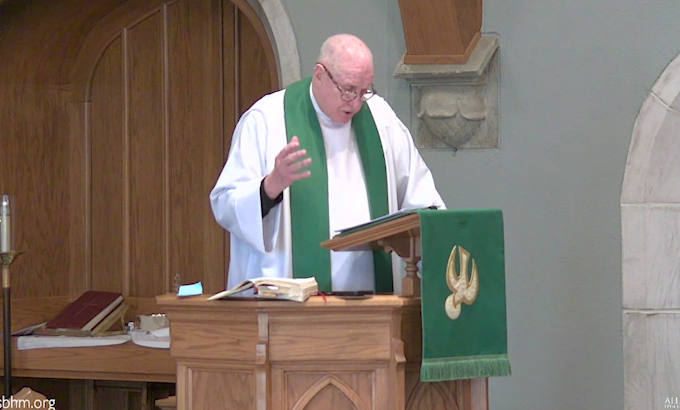
When Crises Loom Large, Center Down in God’s Three Basics Sermon by The Rev. Ed Bacon February 1, 2026 In a deeply personal opening, the Rev. Ed Bacon shares how recent transitions in church and country have stirred real emotion, reminding us that faith is never lived in isolation from the world around us. Turning to Micah 6:8, the sermon centers on a steady moral compass: do justice, love kindness, and walk humbly with God. These practices are offered as spiritual fortification in uncertain times, calling us away from fear and toward community. Rooted in love, humility, and hope, this way of life becomes how we move forward together when things feel like they are unraveling.
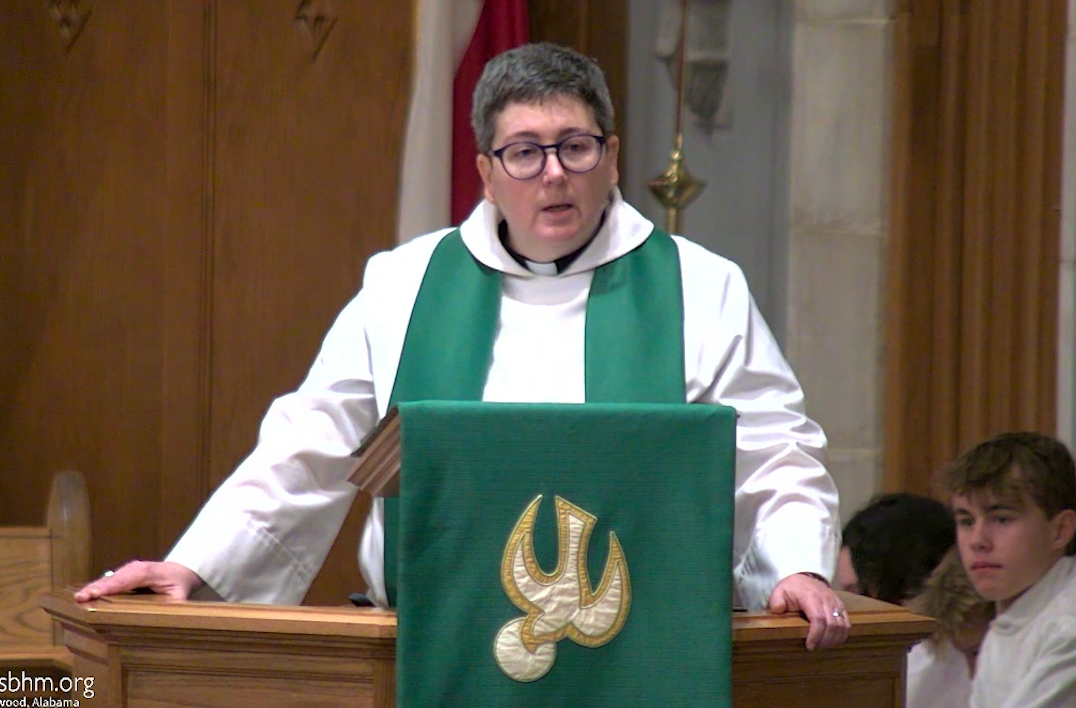
Follow Me Sermon by The Rev. Kelley Hudlow January 25, 2026 In a world that can feel overwhelming and fast-falling, like a game of Tetris that never slows down, this reflection asks how we keep serving when the weight feels like too much, especially with the events happening all around us. The gospel reminds us that Jesus began his work not in safe or powerful places, but among people living close to uncertainty, calling them into healing work they could not do alone. Following Jesus does not remove the heaviness, but it places us in a community where hope is shared and carried together. None of us can heal everything, but each of us is invited to carry a part, trusting that even small acts of faith, care, and courage matter.
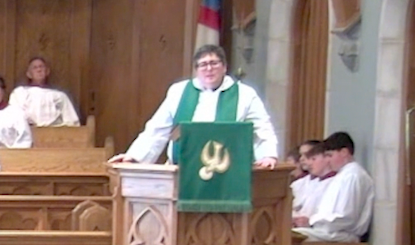
What are you looking for? Sermon by The Rev. Kelley Hudlow January 18, 2026 This sermon reflects on how people find their way to All Saints and what they discover once they arrive: connection, belonging, and a place to grow in faith. Drawing from the Gospel of John, it centers on Jesus’s first question, “What are you looking for?” and the simple invitation that follows: “Come and see.” Faith, the sermon reminds us, begins with honesty about our hopes and needs and continues as we follow Jesus into both comfort and challenge. And once we have experienced that transformation, we are called to tell the story and invite others to come and see too.
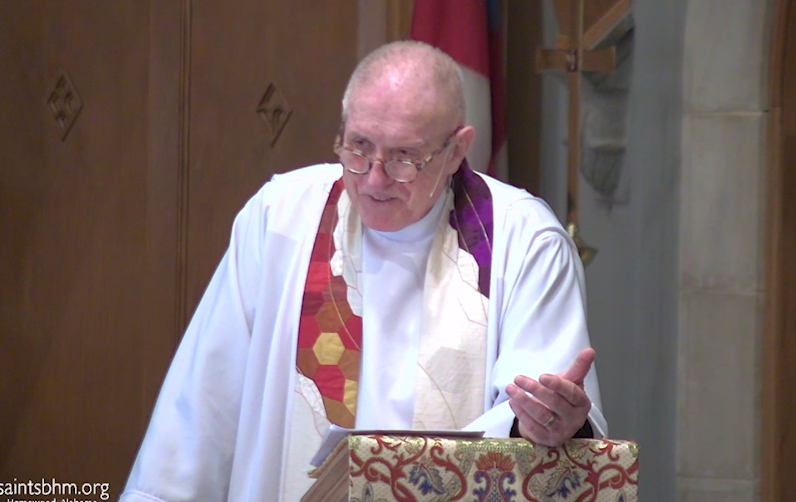
"Our Essence: We Are Beloved Energy" Sermon by The Rev. Ed Bacon January 11, 2026 In reflecting on the baptism of Jesus, this sermon reminds us that our deepest truth is not fear or striving, but belovedness. Jesus’ baptism becomes a kind of spiritual GPS, grounding him and us in love as the place from which all decisions and actions flow. Drawing on wisdom from across faith and life, the message names self rejection as the real trap and love as the way through it. When we live from the truth that we are beloved, love becomes the force that guides our lives and shapes our response to the world.
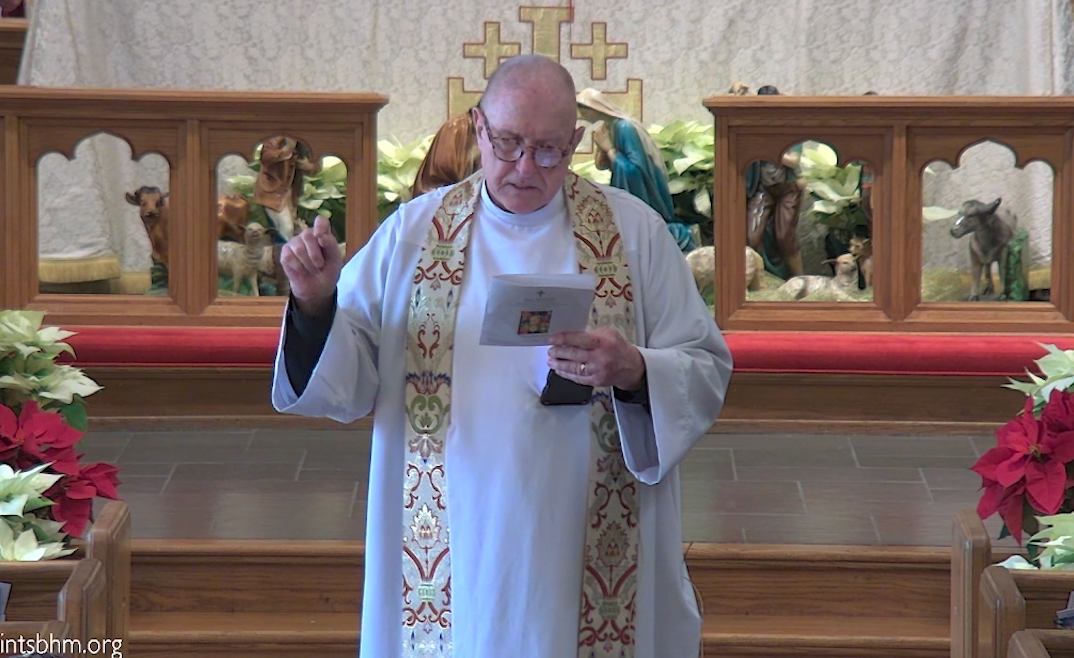
"Your Life, a Watered Garden" Sermon by The Rev. Ed Bacon January 4, 2026 This sermon invites us to choose a word or image to carry into the new year, shaped by grief, hope, and deep listening. I reflect on a vision of God not as a judge, but as a faithful gardener who keeps us watered with grace, forgiveness, and compassion. Drawing from Jeremiah, personal stories, and voices shaped by religious trauma, the message reminds us that we are not broken at our core, but full of grace. As we step into 2026, we do so as beautifully weird, deeply connected people, rooted in love and always held by a God who is on our side.
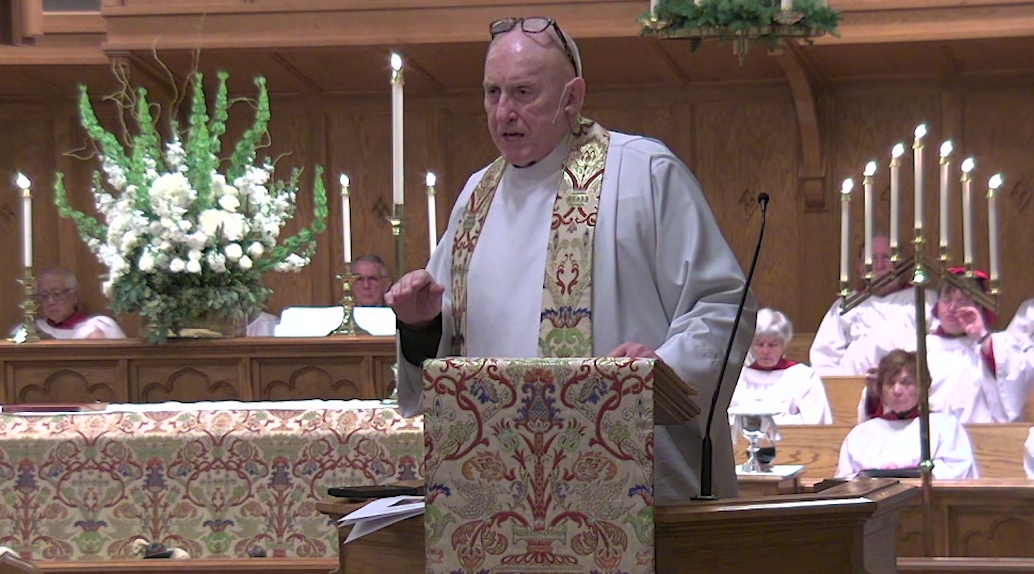
"The God Baby Jesus Gave Us and Gives Us" Sermon by The Rev. Ed Bacon Dec. 24, 2025 This sermon reflects on how certain moments quietly change us, marking a clear before and after in our lives. Drawing from stories of trauma, tenderness, and hope, it points to a God who heals not through judgment but through deep compassion and cherished belonging. Christmas, then, is not just about a baby in a manger, but about a God who reaches toward us, sees us fully, and invites us to live into the truth of who we are. In that love, we are called to become places of healing for others too.
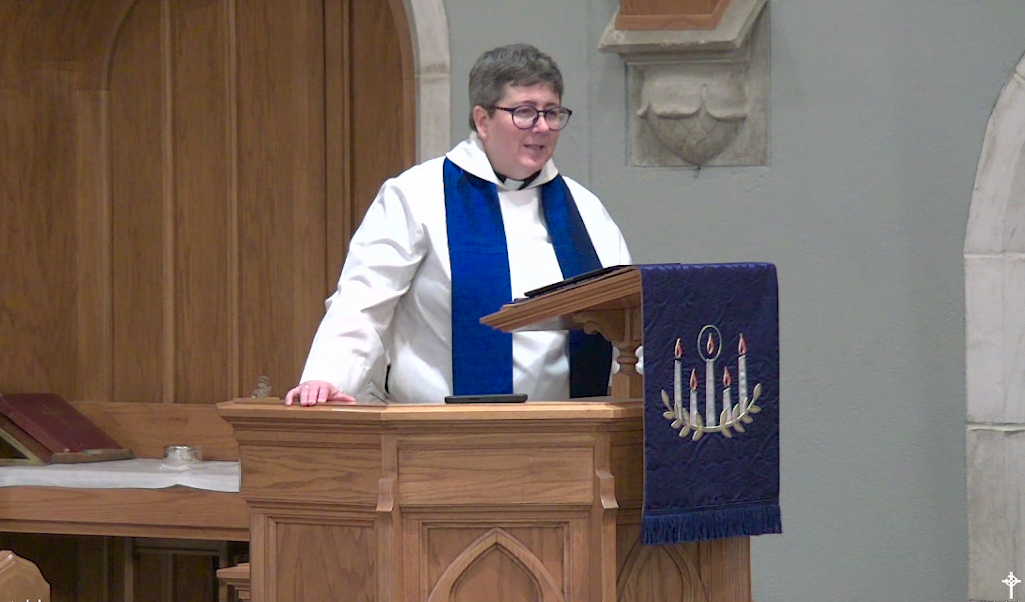
"Merry Christmas or Bah Humbug" Sermon by The Rev. Kelley Hudlow Dec. 21, 2025 On the longest night of the year, this sermon invites us to notice where we are on the Christmas spectrum, from full joy to quiet weariness. Matthew’s telling of the Christmas story shifts our focus away from the manger and toward Joseph, whose compassion and trust open the way for a new creation. This is not a story about a Savior who works for us or agrees with us, but about Emmanuel, God choosing to be with us in ordinary life. Even in darkness, that steady presence is the light we need most.
